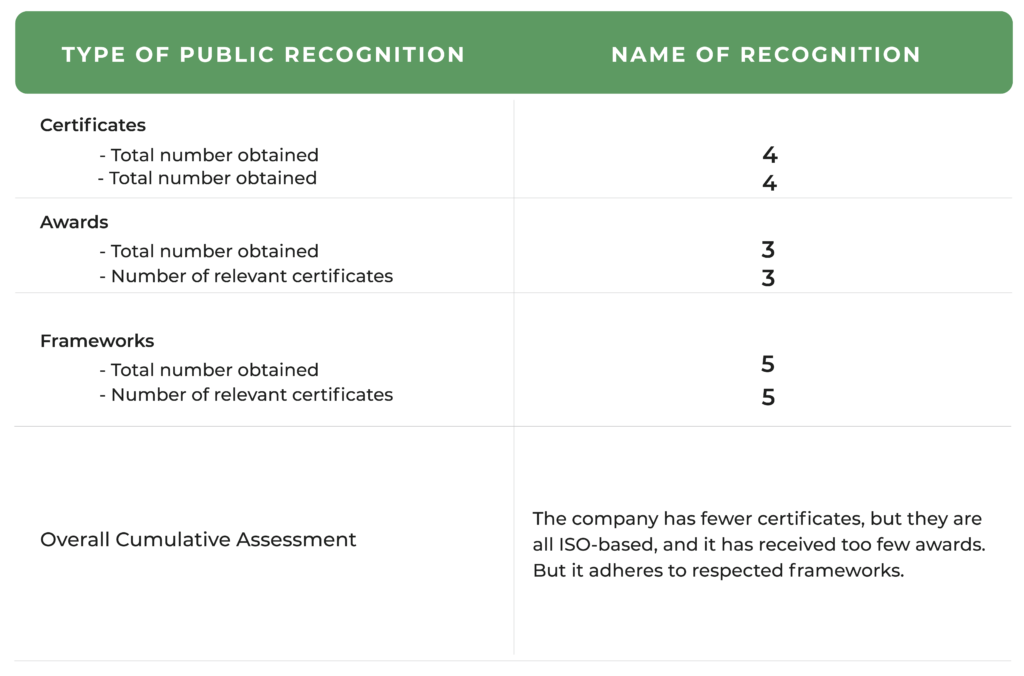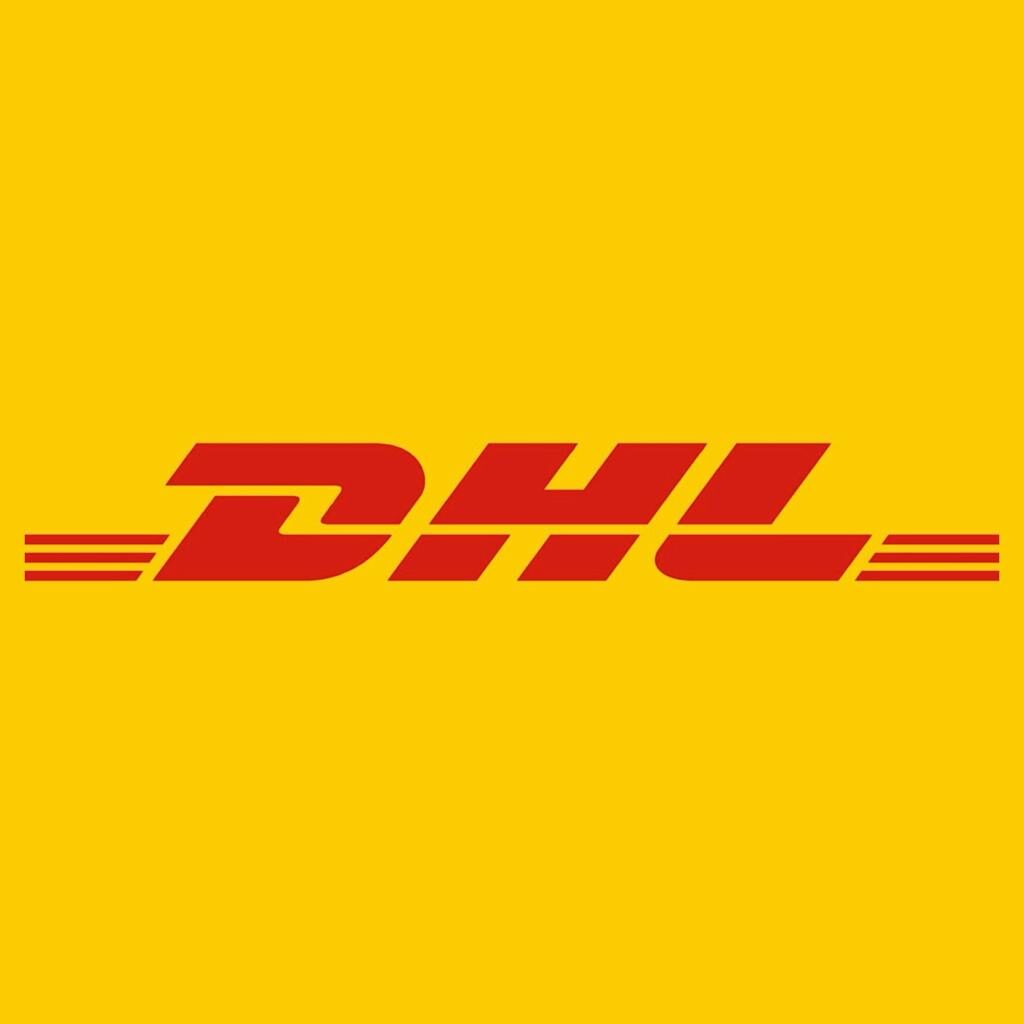
RATING

Outlook
Neutral
SECTOR
Couriers and Express Delivery Services
Chief Sustainability Officer
T: N/A
E-mail: N/A
Stock Exchange and Ticker
OTCMKTS: DPSGY
Website
Contact
T: 49 228 182 6 36 36
E.mail: N/A
Listing
N/A
Awards
- Inclusion Award for Business as the biggest inclusive employers in Germany
- RainbowNet – European Diversity Award for the LGBTIQ+ network as “Outstanding Employee Network”
- Total E-Quality Award – for its equal opportunity-focused human resource policy
Revenue
Market Capitalisation
Employees
Content source
DHL Sustainability Report
Evaluation of DHL
In 2021, Deutsche Post DHL Group did not publish a separate sustainability report, but rather non-finacial statement is included in the Annual report, complimented by the ESG Presentation and the ESG Statbook.
One of the mail goals of the company is to achieve net-zero emissions by 2050 for which DHL committed to invest €7 billion in climate-neutral logistics solutions through 2030. The sustainability roadmap includes among other programs for the purchase of sustainable fuels in air and ocean freight, the electrification of the last mile delivery and building climate-neutral logistics sites and warehouses for operations.
On the other hand, the ability to reach the set goals is also dependent on the willingness to purchase electrical or hybrid vehicles, sustainable alternative fuel as well as the infrastructure to operate new types of vehicles. The company is on target to reach 90% of electricity being sourced from renewable sources, currently at 86%. Electrifying the last-mile delivery vehicle is also at 23%, on target to reach 60% by 2030. DHL is falling behind on reaching 30% share of sustainable fuel by 2030, currently at 1.3%, also on the social aspect the percentage of women in executive and management positions is at 12%, with a goal of reaching 30% by 2030.
Other approaches DHL is taking to offset carbon emissions include planting 1 million trees a year. However, the company does not calculate how much offset these initiatives are providing.
There are few awards and certifications DHL has received, but the company has been positively rated by CDP, S&P Global ESG, MSCI and others.
Based on the information disclosed, the overall rating is a C with a neutral outlook.
Sustainability Scorecard
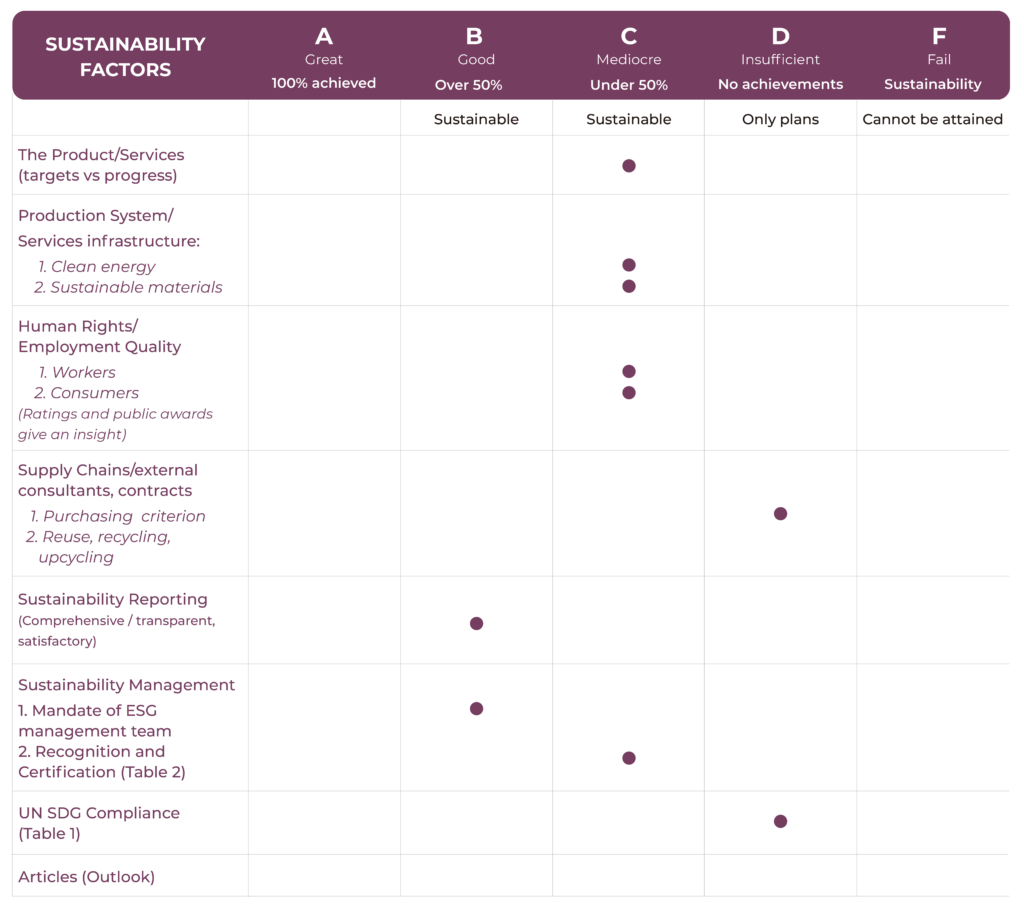
DHL Company Activity
Deutsche Post AG was founded in 1490 and is headquartered in Bonn, Germany. Deutsche Post AG nowadays is a global leader in the business of mail and logistics in Germany, rest of Europe, the Americas, the Asia Pacific, the Middle East, and Africa. There are five segments of DHL: Express; Global Forwarding, Freight; Supply Chain; eCommerce Solutions; and Post & Parcel Germany.
The Express segment offers time-definite courier and express services to business and private customers. The Global Forwarding, Freight segment is based on brokering transport services between customers and freight carriers.
The Supply Chain segment delivers customised supply chain solutions to its customers including warehousing and transport services, e-fulfilment and returns management, lead logistics partner, real estate solutions, service logistics, and packaging solutions for various industrial sectors.
The eCommerce Solutions segment provides parcel delivery and cross-border non-time definite international services.
The Post & Parcel Germany segment transports and delivers mail communication, parcels, physical and hybrid letters, and special products for the delivery of goods; and offers additional services, such as registered mail, cash on delivery, and insured items. This segment also provides digital products, including stamps with data matrix codes and various postal services.
DHL Sustainability Activity - As per company declarations
DHL’s road to more sustainable logistics involves ‘connecting people, improving lives’ and includes three key action areas where the company claims it can achieve the biggest impact: clean operations for climate protection, great company to work for all, highly trusted company.
Regarding climate protection, DHL will be focusing on reducing GHG emissions and Realised Decarbonization Effects. DHL is also committed to maintain employee engagement at a high level and measure performance through employee engagement KPI. And to remain a highly trusted company, DHL will ensure business activities are compliant with applicable laws and guidelines measured through a share of valid compliance-relevant training certificates KPI.
Certificate & Labels, Standards and Frameworks
- ISO 14001
- ISO 50001
- ISO 45001
- ISO 27002
DHL in the news: Press Reviews and Social Media
No articles, nor social media posts have been found to include sustainability related issues related to DHL.
Highlights from DHL Sustainability Report
Achievements
- America and Europe facilities achieve over 90% electricity electricity from renewable sources
- Road transportation consumption decreased by 8.0%
- 20,700 e-vehicles deployed in 2021
Weaknesses and Setbacks
- GHG emissions increased to 39 million tonnes in 2021, from 33.64 in 2020, and 33.20 in 2019:
- Scope 3 and airfreight the biggest drivers
- Business growth and COVID-19 effects
- Energy consumption rose to 30,486 million kWh from 27,427kWh in 2020 and 26,199kWh in 2019
- Air transport consumption increased by 5.4%
- Behind on sustainable fuel transition, accounting for only 1.3% in 2021, with a goal of reaching 30% by 2030
Targets vs Progress Reported
| Target | Results reported |
|---|---|
| Reduce to net zero Scope 1, 2 and 3 emissions from logistic related activities by 2050 | - By 2030, up to €7 billion for investments in sustainable technologies and fuels - In 2021, 39m tonnes CO2 emitted, expected to increase to 41m tonnes by 2022 - 0.728m tonnes of CO2 avoided in 2021 and planning to increase to 0.969m tonnes of CO2 in 2022 through realised decarbonization effects which will account for 2.5% reduction |
| All new buildings to be climate neutral (new owned buildings): - Increase to 90% by 2030 - Increase sustainable heating systems to >50% by 2030 |
- 86% electricity from renewable sources - In Americas 96% electricity from renewable sources - In Europe 94% electricity from renewable sources - In Middle East/Africa 45% electricity from renewable sources - In Asia Pacific 61% electricity from renewable sources |
| Sustainable fuels (SAF) through blending ratio of >30% SAF by 2030 | - Fleet modernization - >320 dedicated cargo aircraft: - 22 Boeing 777 freighters ordered, 14 in operations. New models 18% more efficient and lower fuel consumption - 12 Alice e-planes ordered with delivery starting in 2024 |
| Sustainable ocean freight by 2030 | - GoGreen Plus drives the Sustainable Maritime Fuel (SMF) Climate-neutral LCL ocean freight transport products |
| Sustainable road freight by 2030 - Electrify 60% of last-mile delivery vehicle - Increase share of sustainable fuels to 30% |
- 112,500 vehicles worldwide - In 2021 21,400 e-vehicles, 3,500 hybrid drive systems - 23% alternative drives fleet-wide - In Americas 1,100 vehicles with alternative drive systems - In Europe 24,200 vehicles with alternative drive systems - In Asia Pacific 800 vehicles with alternative drive systems - 1.3% share of sustainable fuels in 2021 |
|
Reduce Loss Time Injury Frequency Rate (LTIFR) to less than 3.1 (per 200,000 hours worked) by 2025 - 2022: lower injury rate to 3.7 from 3.9 (2020) | - Each work related accident led to 18.3 missed workdays on average - In 2021 LTIFR was 3.9, similar to the 2020 rate |
| Consistent approval rating of >80% in annual Employee Opinion Survey (EOS) | - Employee engagement in 2021 was at 84%, 1% higher than 2020 - It is measured through annual, group-wide employee opinion survey - Employee engagement is encouraged through the central online educational platform |
| Increase share of women in executive positions (middle and upper management) to 30% by 2025 | - In 2021, 12.5% women on the Board of Management - 22.5% women starting in July 1, 2022 - 35% women on the Supervisory Board - In 2021, 25.1% share of women in management - Encourage the targeted promotion of female junior staff to take the next step towards management positions by providing them with coaching, mentoring and networking opportunities - “Shift up a Gear” is an example of an initiative to promote female managers to target roles in upper management |
UN SDGs Compliance Analysis
Progress made toward SDG targets
As reported by DHL
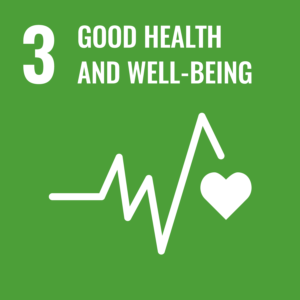
- 75,000 vaccinations have been distributed
- Implementation of new risk assessment and mindfulness programs
- Hotline introduced for employees
- Health-promotions measures introduced; >65,000 initiatives launched in Germany
- Health-related content is continuously integrate in the Certified training initiative
- Offerings for maintaining and increasing fitness levels
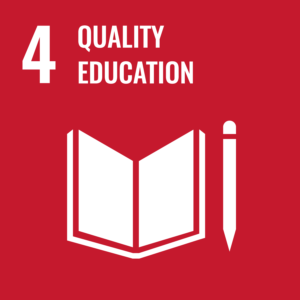
Make quality education and lifelong learning opportunities accessible for all:
- A wide variety of online and classroom-based trainings
- A broad training portfolio designed for different learning needs
- Targeted focus on specialist and strategic topics
- In 2021 total training time invested was 4.4 million hours and 1.2 training days per employee
- Global Learn & Grow Week included >9,000 participants in 120 sessions
- Scholarships for employees children (UPstairs)

Promote gender equality and take measures to empower women and girls
- In 2021, 34.7% of DHL workforce was made up of women
- 179 nationalities are represented across DHL workforce in Germany alone
- >14.500 people with disabilities work for DHL in Germany”
- Cologne Hub employs and helps integrate people on the autism spectrum
- Leipzig Hub – project for deaf people

- Through the Corporate Procurement Policy, suppliers are expected to:
- Target climate and environmental protection measures with measurable goals
- Provide transparency on respect for human rights and diversity and inclusion
- Participate proactively in DHL’s due diligence activities and implement similar activities in their own supplier base
- Through the DHL’s Supplier Code of Conduct, the company’s values are implemented at supplier level
- Acceptance of the Code is a requirement for doing business with DHL and suppliers commit to respect DHL’s ethical and environmental principles and to implement them in their supply chains
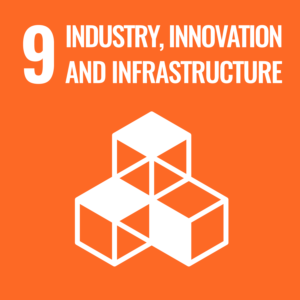
- GoGreen Plus – decarbonization of logistics service by using sustainable fuels and technologies
- Offsetting of customer GHG emissions via certified climate protection projects
- Optimization of customer supply chain to reduce emissions, waste and other environmental impacts
- Carbon reports for customers in all divisions

Improving employability of disadvantaged people:
- Partnerships to support young people affected by poverty, loss of family or being forced to flee their home country, e.g. collaboration with Microsoft to #BoostYourSkills to enable a better start in the world of work in Germany
- In 2021 DHL has hired 2,000 refugees
- Also in 2021, reached 15,700 young people in 62 countries
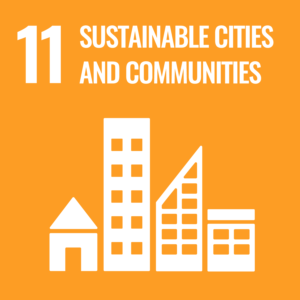
Minimise air pollution in cities and support disaster-affected communities
- Convert locally produced electricity from renewable sources into fuels for e-vehicle fleet
- Use digitalization and smart building management systems to further reduce energy consumption
- In 2021, 148,000 employees volunteered locally, actively involved or via donations
- Via “We Help Each Other” program around 500 employees received €1.8M in emergency support

Minimise the impact of the business activities through targeted measures:
- Drive development of hydrogen and electric trucks to increase market availability
- Network optimization for reduced fuel consumption
- Foster subcontractors’s green transport activities
- Define standards, offer training to raise employee awareness for eco-friendly driving
- Incentivize investments in green transport solutions
- Transition from road to rail transport
- Certify GoGreen Specialists to actively involve staff in environmental and climate protection activities
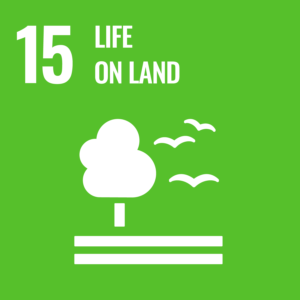
- Engaged in forest conservation partnering with recognized organisations
- Mission 2025 – plant a million tree every year
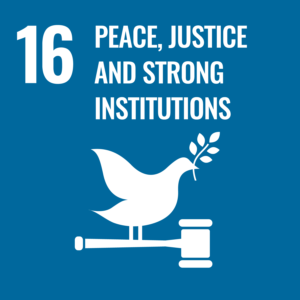
- Compliance Management System:
- Commit to applicable international anti-corruption laws
- Ensure legally compliant conduct in business activities
- Mandatory compliance-relevant training for management
- Cybersecurity protects business operations – ISO 27002 certification
- Code of Conduct based on principles and guidelines of the UN (Including International Labor Organization (ILO)) and the Organization for Economic Co-operation and Development (OECD)
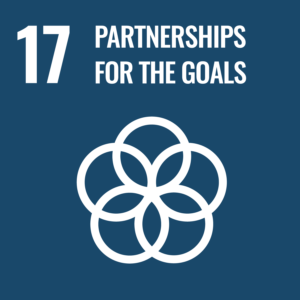
- Collaboration with UN and other partners to ensure the sustainable impact of the company’s activities
- Plant-for-the-Planet
- Arbor Day Foundation
- Taking Root
- World Economic Forum’s Partnering Against Corruption Initiative
Sustainability Certificates, Awards and Listings
